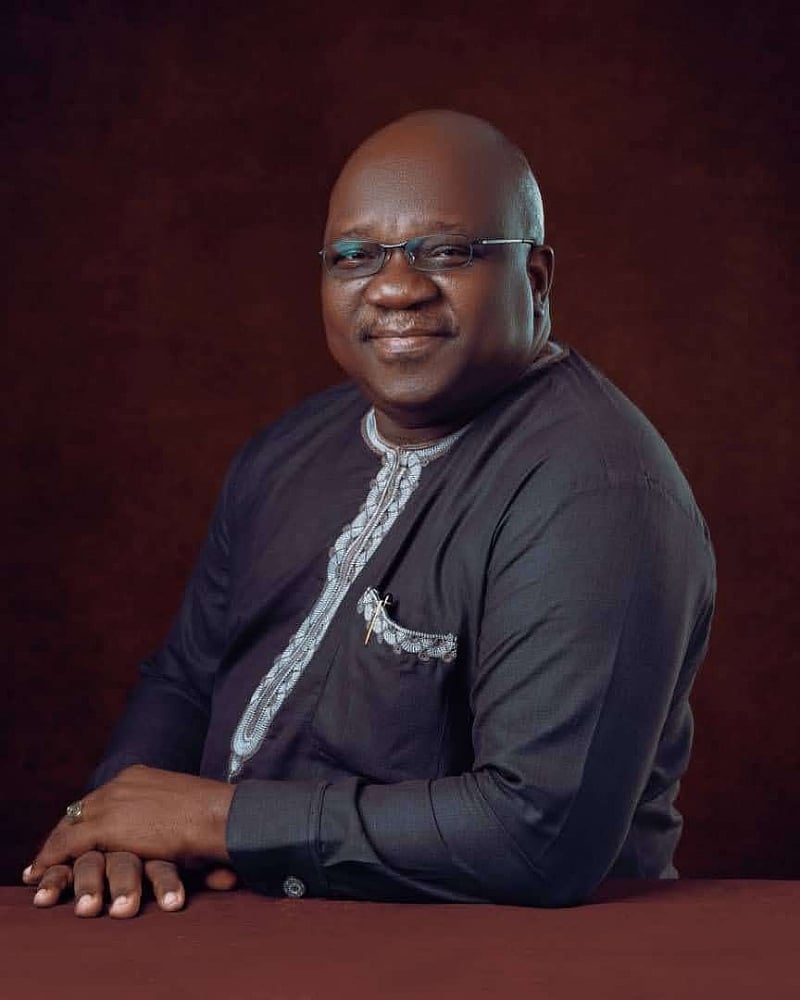Festac Africa, a revitalized celebration of African arts and culture, has found a fitting home in Accra, Ghana, for its 2025 edition. The choice of Ghana stemmed from a careful consideration of various factors, including political stability and the country’s commitment to tourism. After successfully hosting the revived festival in Zanzibar, mainland Tanzania, and Kenya, the organizers felt a strategic shift to West Africa was necessary to reignite awareness and appreciation for the festival’s historical significance in the region, particularly in light of upcoming anniversaries of previous Festac events in Senegal and Nigeria. Ghana’s September hosting aligned perfectly with the country’s tourism month, Kwame Nkrumah’s birthday, and World Tourism Day, creating a synergistic celebration of culture and heritage.
The dormancy of Festac between 1977 and 2022 is attributed to a combination of factors, ranging from negligence on the part of African leaders to external influences seeking to prevent such large-scale pan-African gatherings. Regardless of the reasons for the hiatus, the current organizers are determined to ensure the festival’s continuity and growth, emphasizing the importance of collective African support to prevent its decline once more. Festac Africa 2025 promises a vibrant week-long immersion into the diverse tapestry of the African continent. The festivities commenced with an innovative inter-country float, a colorful caravan traveling from Lagos, Nigeria, to Accra, showcasing the spirit of unity and collaboration. The journey traversed multiple West African nations, facilitated by the ECOWAS free movement protocol, demonstrating the potential for seamless cross-border interaction.
The week-long celebration encompasses a wide array of activities, from exhibitions and musical performances to conferences addressing pressing contemporary issues. A “dinner in the dark” experience will add a unique sensory dimension to the culinary offerings. Conferences focused on trade, tourism, technology, women’s empowerment, youth development, peace, food security, and climate action will provide platforms for dialogue and collaboration. Cultural exchanges will be highlighted through friendly competitions, such as a grilling challenge between South Africa and Zimbabwe and the highly anticipated Ghana versus Nigeria jollof rice showdown. A fashion show featuring designers from across Africa will showcase the continent’s creative talent, while a 5-kilometer walk against gender-based violence and environmental degradation will raise awareness for important social causes.
The sporting element of Festac Africa 2025 is amplified by the concurrent FIBA Zone 3 basketball tournament, attracting athletes and fans from across West Africa and adding another layer of excitement to the event. This multifaceted approach aims to create a dynamic and engaging experience that fosters a sense of shared identity and promotes positive narratives about Africa. The driving force behind Festac Africa is Inspire, an organization with a history of facilitating networking events between African nations. Their initial focus on bilateral engagements, such as the Mzansi-Naija platform connecting South Africa and Nigeria, evolved into a vision for a more inclusive, continent-wide celebration, culminating in the revival of Festac. This transition reflects a recognition of the need for a platform that embraces the full diversity of Africa and encourages greater interaction and collaboration among its people.
Engineer Yinka Abioye, the chairman of Festac Africa, brings his extensive experience in various industries and his deep passion for the continent to the forefront of this cultural renaissance. His background in engineering, combined with his travels and work across Africa, has provided him with a unique perspective on the challenges and opportunities facing the continent. He sees Festac Africa as a powerful tool for bridging divides, fostering understanding, and promoting positive change. Abioye’s vision extends beyond the festival itself, aiming to create a lasting legacy of interconnectedness and collaboration among Africans. He believes that by facilitating dialogue and celebrating shared heritage, Festac Africa can contribute to a stronger, more unified, and prosperous future for the continent.
The future of Festac Africa envisions a more decentralized approach, potentially regionalizing the festival to allow for more frequent celebrations while still maintaining a continent-wide event every four years. This strategy aims to ensure the festival’s sustainability and maximize its impact across different regions of Africa. The ultimate goal is to foster greater understanding and cooperation among African nations and people, breaking down barriers and building a stronger sense of shared identity. Festac Africa embodies a vision of a vibrant and interconnected continent, where cultural exchange and collaboration are catalysts for positive change. The festival serves as a reminder of the rich tapestry of African heritage and a platform for building a brighter future for all Africans.


